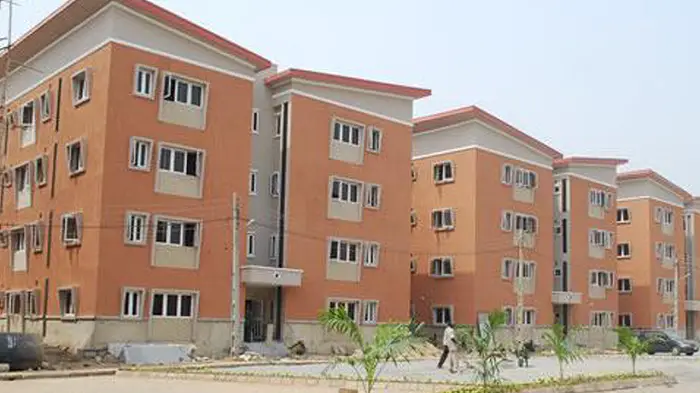Rising complaints about missed completion timelines and lack of information on final products in the off-plan housing market points to a gaping hole in customer service in the real estate sector.
Customer trust has been eroded and the risks are high for the real estate sector which will experience an even slower growth rate and subsequent effects will hit hard on our already battered economy.
Delivery of 500,000 affordable housing units, one of the government’s key pillars under the Big Four agenda will also be interrupted on account of low support and output from the private sector.
Kenya currently needs to put up about 200,000 houses each year to fix its low-cost housing shortage of two million units by 2030. Sadly, the country can only manage to construct 50,000 units annually.
The housing challenge can only worsen if this trend of developer-buyer trust issues persists. The biggest losers will be Kenyans. The majority will not be able to realize their big dreams of owning a home.
Off the plan houses are the best solution to fixing this housing gap because it offers a comfortable entry to many who would want to staircase the property ladder but players in this segment must change focus and strategy in customer service management and culture.
A recent study by Sagaci Research and McKinsey shows 60 percent of Nairobi residents were considering buying ready-to-occupy apartment over off-plans due to emerging concerns on developer reliability.
It shows that complete houses can be another option for fulfilling property owners’ dreams, but it’s not currently the best option when economic and aesthetic value aspects are placed on the weighing scale.
While putting money on just an architectural plan has been considered risky, off plans arrangements offer aspiring homeowners an opportunity of their lifetime to get a dream home at the lowest cost.
Under such an arrangement, buyers only need to pay a small percentage of overall property cost and clear the balance in flexible installments as they watch their investment value grow.
Prospective homeowners also have a leeway to choose or manipulate designs of their choice, the best location that is ideal for them.
Again, buyers can lock in price, so that when property prices skyrockets or supply of cash in the economy diminishes, they are not affected by the changing market trends.
For instance, the recent wave of retrenchment in Kenya’s job market has significantly eroded the purchasing power of most Kenyans, therefore it will be very difficult for prospective buyers to consider complete properties.
Come next year, the value of the such properties will be even higher and out of reach to many, especially after legislators failed to block the return of expensive bank loans.
The only viable option remaining now to ensure we accelerate activities in the real estate sector and support affordable housing agenda to avoid economic slowdown is to leverage on off-plan arrangements by addressing current pressing issues.
But the ball now stops with sector players. It’s time to clean our houses and bounce back with effective customer service recovery and guarantees to develop the next army of loyal customers who will be true believers and loyal advocates of off-plan arrangements.
It is now time to make a strong commitment to involve prospective buyers in the entire construction process and make them pilots in making their dream homes to build back their confidence.
Developers must also learn to anticipate and appreciate the vital voice of customers who will be the main owners of the property and open feedback systems for further improvement in service provision based on comments, compliments and complaints.
Another important aspect that should never be overlooked is how you engage and interact with prospective homeowners during crises and signing off projects.
Remember people always judge an experience based on most intense moments when the fire is lit and its end when you are offering solutions to a stalemate.
Worth noting therefore, is to make sure you end each interaction on a high note, giving customers all the information and updates they need concerning an affordable housing project to ensure they feel great.
The writer is Mizizi Africa Homes, Finance and Operations Director.

Leave a Reply